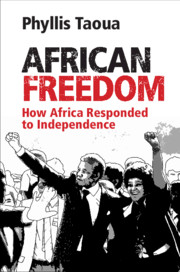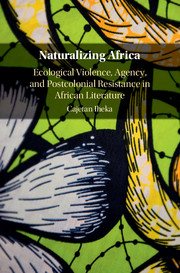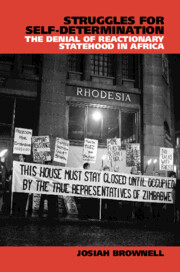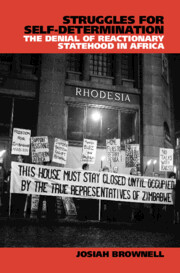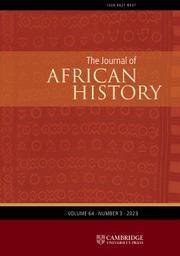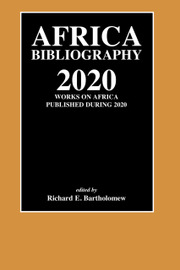African Freedom
The push for independence in African nations was ultimately an incomplete process, with the people often left to wrestle with a partial, imperfect legacy. Rather than settle for liberation in name alone, the people engaged in an ongoing struggle for meaningful freedom. Phyllis Taoua shows how the idea of freedom in Africa today evolved from this complex history. With a pan-African, interdisciplinary approach, she synthesizes the most significant issues into a clear, compelling narrative. Tracing the evolution of a conversation about freedom since the 1960s, she defines three types and shows how they are interdependent. Taoua investigates their importance in key areas of narrative interest: the intimate self, gender identity, the nation, global capital, and the spiritual realm. Allowing us to hear the voices of African artists and activists, this compelling study makes sense of their struggle and the broad importance of the idea of freedom in contemporary African culture.
- Takes a pan-African perspective by discussing ideas and historical experiences from different regions on the continent
- Exposes the voices of the African people themselves when faced with social and political change
- Written in a compelling and accessible manner
Reviews & endorsements
‘African Freedom: How Africa Responded to Independence is a refreshingly ambitious work of synthesis that revisits many canonical works of postcolonial African fiction and cinema to reframe them as creative explorations of the idea of freedom. It places these works in dialogue with the key political figures of anticolonial struggle and national liberation and argues that the creative voices on freedom both critique the limitations of the new political dispensation after independence and keep alive an aspirational yearning for ‘meaningful' freedom that is more than just an ideal.' Eleni Coundouriotis, University of Connecticut
‘This is highly accomplished. A very expansive and stimulating exploration of an enduring theme. A true labor of love.' Tejumola Olaniyan, University of Wisconsin, Madison
'… this is a fine work; it provides a comprehensive perceptive and engaging intervention into the multifaceted concept and realities of freedom that continue to materially affect Africa. We are forced to challenge our own understanding of freedom and, through pan-African cultural case studies, rethink how we perceive the continent.' Matt Graham, Times Higher Education
'Describing the liberation of Africa as an ‘incomplete process’, Taoua looks at how freedom is conceived of by contemporary Africans. She identifies what she sees as three key types of freedom and discusses their importance for nations, global capital, gender identity and more.' Jessica Watson, Survival
‘… a powerful and important book that opens up new perspectives on the history of the struggle for freedom in Africa, and it deserves a wide readership.’ Emma Hunter, H-Diplo
Product details
July 2018Paperback
9781108446167
330 pages
228 × 151 × 16 mm
0.54kg
9 b/w illus.
Available
Table of Contents
- Introduction. The meaning of freedom in Africa
- 1. The self: unfettering identity after independence
- 2. Gender: women's engagement with freedom
- 3. The nation: from liberation to meaningful freedom
- 4. Global Africa: pillaging with less impunity in the era of neoliberal capital
- 5. The spiritual realm: Okonkwo's unraveling and other responses
- Conclusion.

